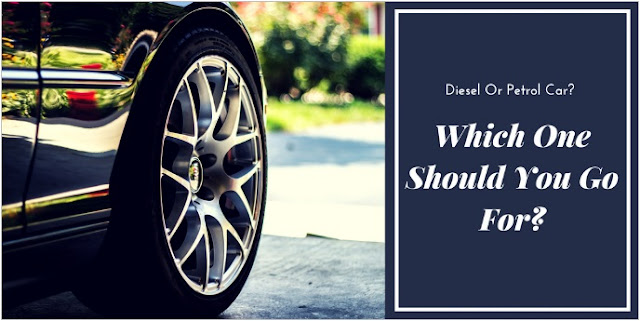Diesel cars have long been favored by frugal motorists, thanks to their superior fuel economy and fewer taxes. But now, with them no longer reaping the benefits of taxes, is diesel still the fuel of choice in the UK?
Compared to petrol cars, manufacturers charge a hefty premium for diesel engine cars. And even petrol cars are getting more economical over time. This post can throw more light on the matter.
-
Most modern diesel engines come with a DPG (AKA a diesel particulate filter). This can clog if you fail to consistently drive at motorway speeds. It can be a costly fix. So avoid diesel if you avoid motorways.
-
Diesel cars tend to cost more than petrol cars. It didn’t matter much in the past because of lower taxes and superior fuel economy; not anymore.
-
In case you are going for a tow car, a diesel engine should be the preferred mode of choice for you. But then, hybrid and petrol alternatives are also available.
Diesel Vs. Petrol Cars: Fuel Economy
Diesel cars have a better fuel economy. So, in spite of the fuel costing more than that of petrol, you will be saving a lot more on your ride in comparison to that of an average petrol car.
The more miles you travel, the more you save from your diesel car because of its superior fuel efficiency. But then, an average UK motorist typically covers less than 9,000 miles a year. So the potentials of fuel-economy savings are justifiably not that impressive which you may have thought.
Diesel Vs. Petrol Cars: Taxes
Diesel cars were usually cheaper than petrol cars before April 2017.
From 1st April and onwards, only the first year’s payment has to be done on carbon dioxide emissions. From the second year of ownership, owners pay a standard sum of £140 per year.
This means that a large portion of savings offered by frugal diesel engines is now swallowed by the change in car taxes. Under the old system, you would have paid absolutely nothing for the first year of your diesel car; then only £20 a year.
But now, owners of the same cars (both diesel and petrol) have to pay somewhere between £120 and £140 in the first year, and £140 from the second year and onwards.
Diesel Vs. Petrol Cars: Residual Values
Previously, diesel cars retained their value more than their petrol versions because of a host of reasons related to tax benefits and fuel efficiency.
But since 1st April 2017, diesel cars no longer experience tax-related benefits. And then, some cities are even introducing new charges to penalize owners with old diesel rides.
So naturally, diesel cars are less likely to hold their value like the way they did in the past.
To know more about the differences between petrol and diesel cars, refer to the infographic below.
 [Infographic created by Plates4Less]
[Infographic created by Plates4Less]
